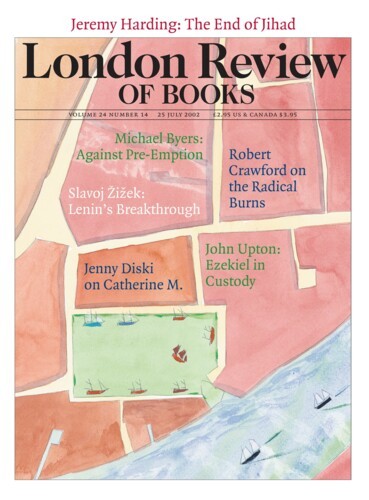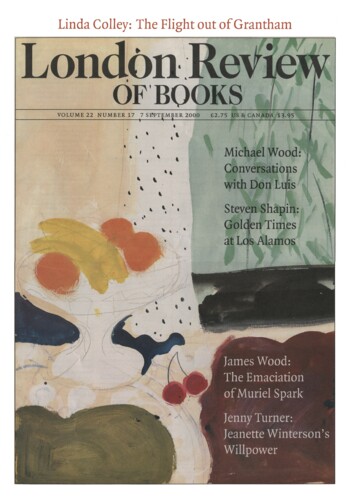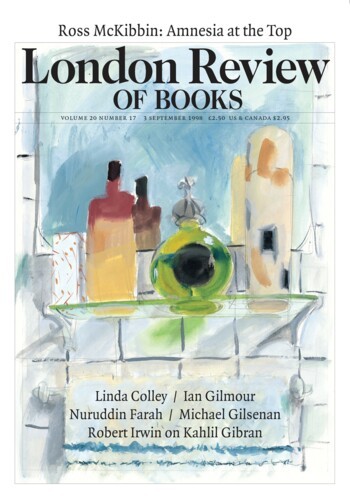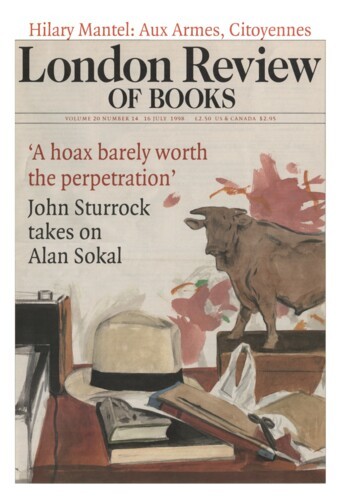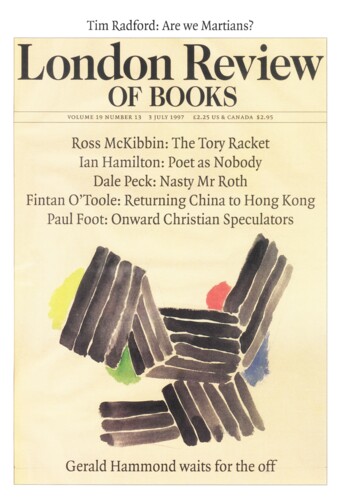As Henry James never tired of noting, the real thing turns up rarely, in unpredictable places and unexpected guises. I have now encountered it and, marvellous to relate, stamped on it are the words most redolent of the cheap and gimcrack, ‘Made in Taiwan’. Just north of Taipei is the National Palace Museum of the Republic of China, as Taiwan officially calls itself, one of the four great museums of the world. It is certainly the least known and least visited of the four, but far and away the most magical, for in room after room are the finest treasures of five thousand years of Chinese history, ranging from the oracle bones used by advisers to the earliest rulers to the hairpins and fingernail guards of the courtiers who served the last emperors.‘
As Henry James never tired of noting, the real thing turns up rarely, in unpredictable places and unexpected guises. I have now encountered it and, marvellous to relate, stamped on it are the...
